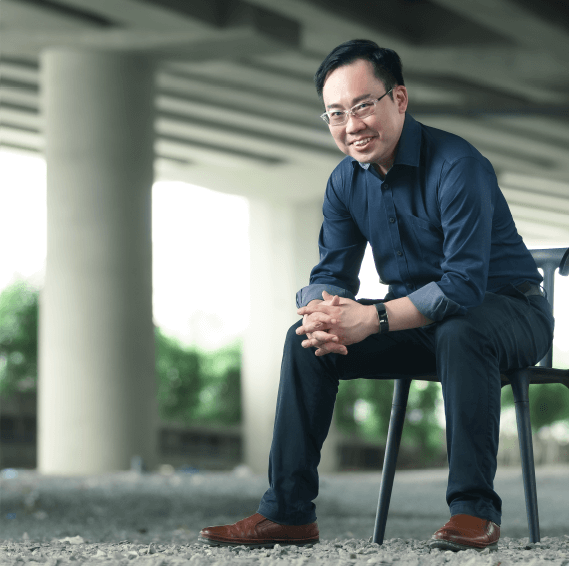
“I think you are on mute!”
“Is everyone able to see my screen?”
I am sure many of you have used phrases like these in the past one year. We can only marvel at the changes that we have had to cope with since the beginning of the COVID-19 pandemic. It may be the way we work and live or interact with others, but there is no doubt that every one of us must learn to be more resilient as we adapt to thrive in a COVID-19 world.
In this issue, we reflect on the theme of “Building Resilience” amid unprecedented challenges. Tenacity and resilience are important traits that could see us through these uncertain times. Mrs Fann-Chew Hwee Cheng, a former educator now based in the US, started a livestream project called ‘Story Time’, where she would read meaningful books and incorporate themes like moral values, science, culture, and festivals to engage with young children. She sees ‘Story Time’ as her “little contribution” to building resilient young learners as society fights the pandemic as one.
In the essay by Dr Imelda Caleon, she highlighted that resilience is built on simple practices, “rather than extraordinary elements or processes that orientate us towards positivity”. Things like "a warm smile, a word of gratitude, an offer of help, a pat on the back, or a message of encouragement has the power of everyday magic that nurtures resilience”. In the contexts of our classrooms and schools, teachers can certainly play a vital role to build resilience and counter the negative consequences of toxic stress in children. Assistant Professor Xie Huichao’s commentary emphasised the importance of building a supportive and secure relationship in schools, and how teachers’ optimism and kindness “can go a long way in helping children regain confidence and resilience”.
Another small step towards building resilience is to shift our attention from negative things to doing something constructive for others. In Recess Time, Lin Rongchan shared about her “very special walk” to raise funds for beneficiaries from the Autism Resource Centre (Singapore) in June 2021. Find out how she had committed 21 minutes each day for 21 days to pick up rubbish for a good cause. Another way to maintain our mental well-being is to listen to our favourite music. But how do we really listen to a piece of music to better appreciate it? Tune in to Associate Professor Eugene Dairianathan’s course to learn more!
Like it or not, the new normal is here, going by the prevalence of online events and hybrid conferences in our school calendar. The future is uncertain and there will be more challenges to come. What matters is not the kind of difficulties we face but how we face them. As Nelson Mandela once said, “Do not judge me by my success, judge me by how many times I fell down and got back up again”.






